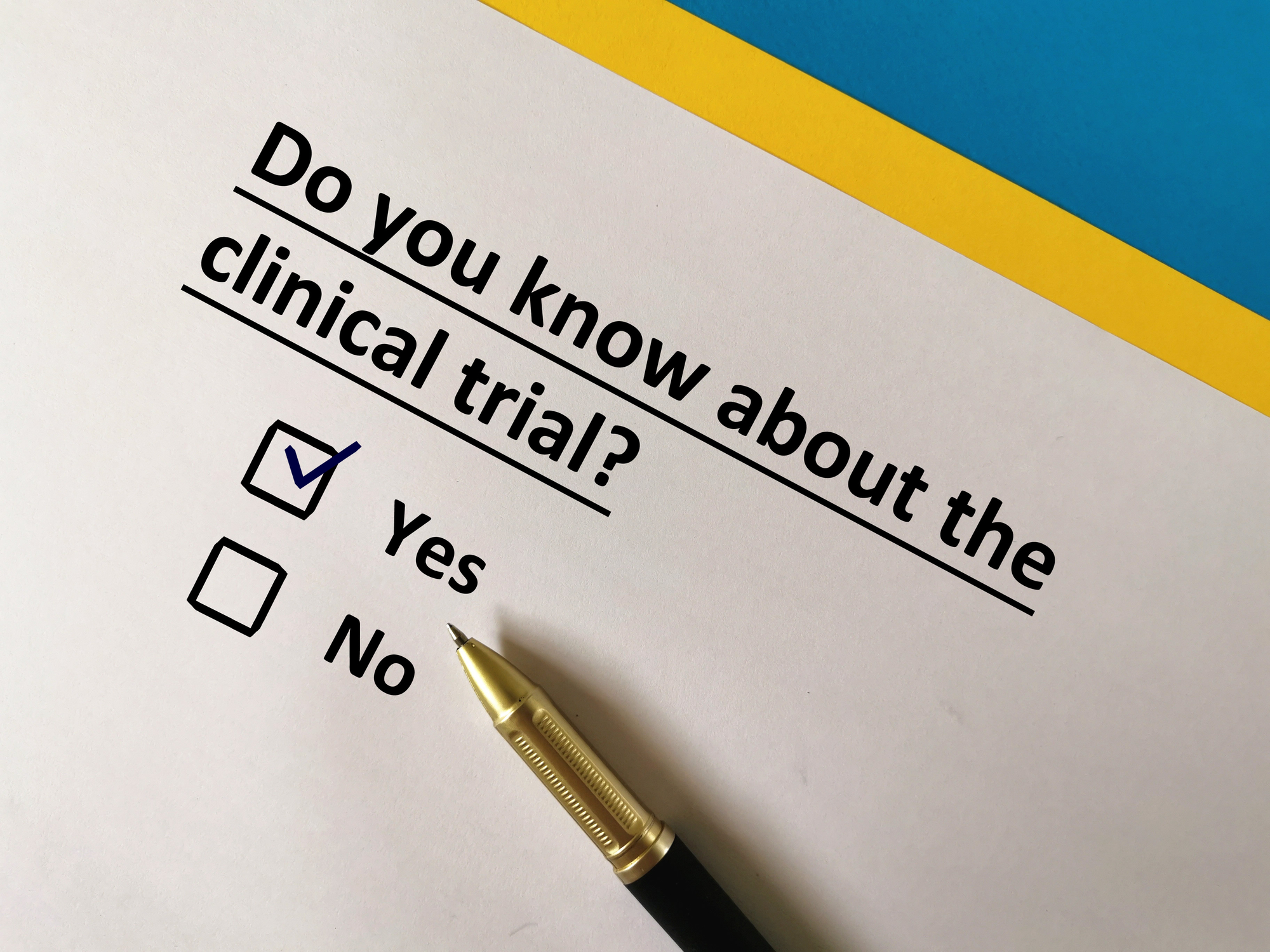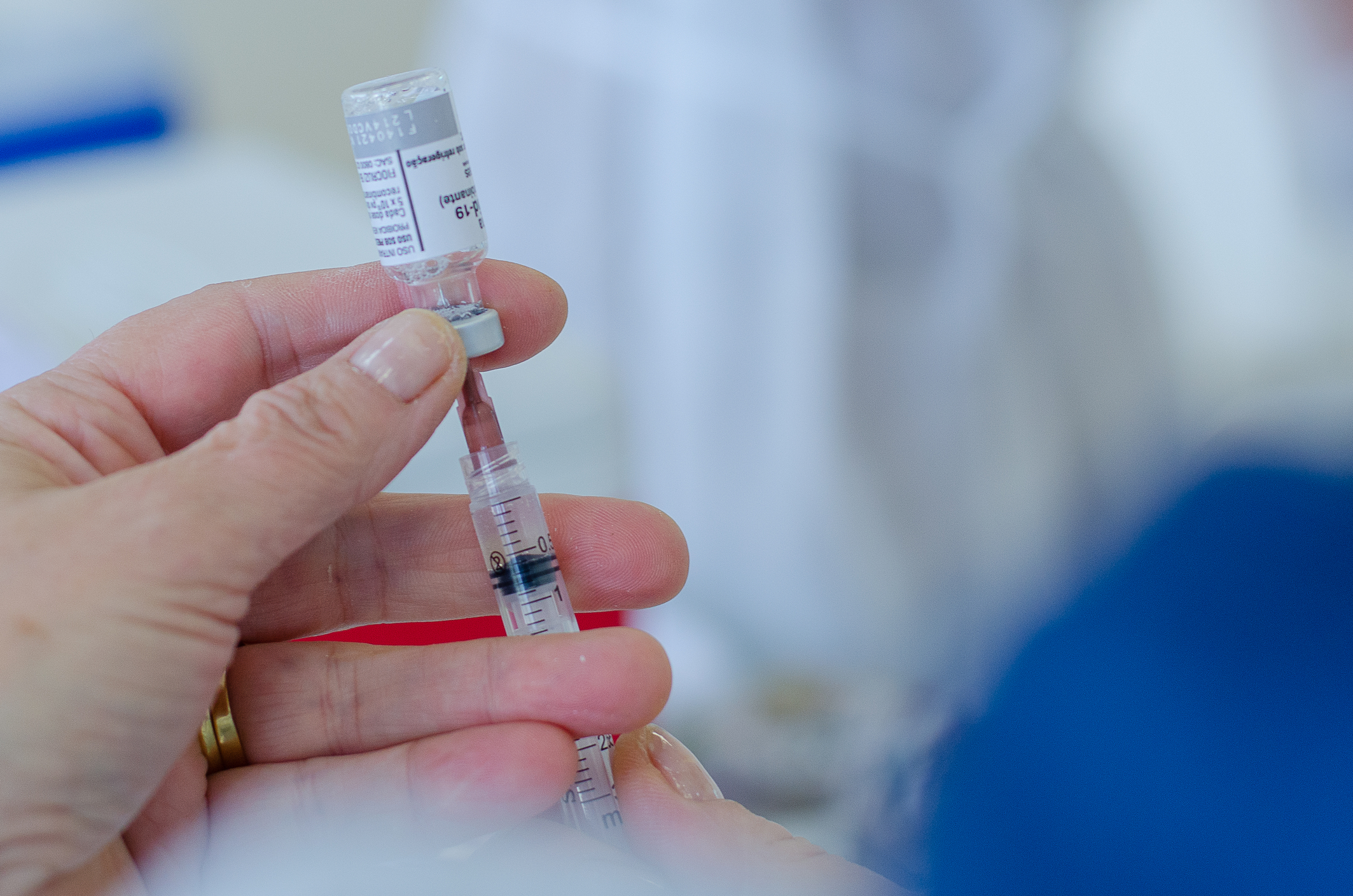Paid Clinical Trials: Why Do They Matter?
Have you ever thought about joining a clinical trial? Not only can you contribute to important medical research, but you can also get paid for your time and effort. From testing new drugs to trying out medical devices, clinical trials are an essential step in getting new treatments approved—and they need participants like you to make it happen. Plus, it's a great way to be at the forefront of medical science while potentially earning some extra cash.
How many types of clinical trials exist?

Clinical trials are like a multi-stage project, and each phase is crucial for making sure new treatments are safe and effective. Think of it like building a house:
- Phase 1: This is where everything starts—laying the foundation. In this phase, researchers test a new treatment on a small group of people to evaluate its safety. It’s all about figuring out if the treatment is safe and what the best dosage might be. Since it's a new treatment, the focus is on detecting any potential side effects and understanding how the body processes the treatment.
- Phase 2: Now, the walls go up. Researchers expand the test to a larger group to see how well the treatment works and to monitor side effects in a broader population. This phase helps in assessing the effectiveness of the treatment and continues to monitor safety. It's like seeing if the house is sturdy and if everything is coming together as planned.
- Phase 3: This is where the roof gets put on and the finishing touches are added. The treatment is tested in large groups of people to confirm its effectiveness and to compare it to existing standard treatments. Researchers gather extensive data to determine if the new treatment offers benefits over current options. It’s the final test before seeking approval from regulatory authorities.
- Phase 4: After the house is built, it’s time for the final inspection. This phase involves ongoing monitoring of the treatment’s long-term effects once it’s been approved and is available to the public. Researchers continue to collect data on its safety and effectiveness in real-world settings. This helps in identifying any rare side effects or issues that didn’t show up in earlier phases.
How to know if you are eligible to participate?

Each clinical trial has its own set of eligibility criteria. Some trials seek healthy volunteers, while others require participants with specific health conditions. Factors like age, gender, medical history, and current health status can all influence whether or not you’re a good fit. It’s a bit like a matchmaking process—trials are looking for individuals who meet their specific needs to ensure accurate and useful results.
Where to start?

Finding the right clinical trial is easier than you might think. Websites like ClinicalTrials.gov are a great starting point—they list trials across the country and allow you to search by location, condition, and other criteria. Local hospitals and medical centers often have information on trials they're conducting, and there are dedicated platforms and companies that connect volunteers with trials. Some of these services even offer matching based on your profile, which can simplify the search process.
What kind of monetary compensation to expect?

Let’s talk money. Compensation for participating in clinical trials varies widely depending on the trial’s duration, complexity, and phase. You might earn anywhere from $50 to a few thousand dollars. Some trials also cover additional expenses, like travel costs, which can be a nice bonus. The amount of compensation often reflects the level of commitment required and the potential risks involved, so it’s a good idea to understand what’s included before signing up.
What kind of risks and benefits to expect?

Every clinical trial comes with its own set of risks and benefits. While you might be among the first to try a new treatment, there’s always a chance of experiencing side effects or that the treatment won’t work as hoped. But don’t worry—before you sign up, you’ll receive detailed information about the trial, including potential risks and benefits. This information helps you make an informed decision about whether to participate. It’s also worth noting that your safety is a top priority, and trials are conducted under strict ethical guidelines.
What are your rights as a participant?

Remember, you have rights as a participant. You can leave a trial at any time if you’re uncomfortable or if the treatment isn’t working for you. Your privacy will be protected, and there are safeguards in place to ensure the research is conducted ethically. If you have any questions or concerns during the trial, you should feel free to speak up. Your well-being is the top priority, and you have the right to make choices that are best for you.
What to Remember

Joining a clinical trial can be a unique and rewarding experience, offering both the opportunity to contribute to cutting-edge research and the potential for financial compensation. While it’s important to weigh the risks and benefits carefully, participating in a trial means you’re playing a crucial role in the advancement of medical science. If you’re curious about getting involved, start by exploring available trials, discussing your options with your healthcare provider, and considering how you can make a difference.